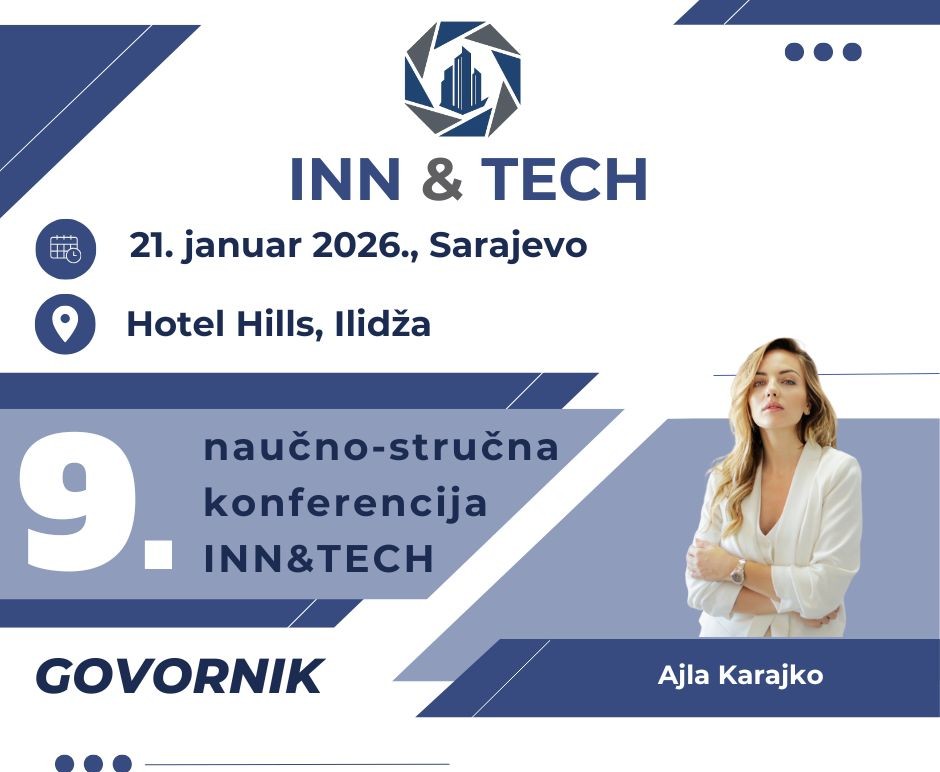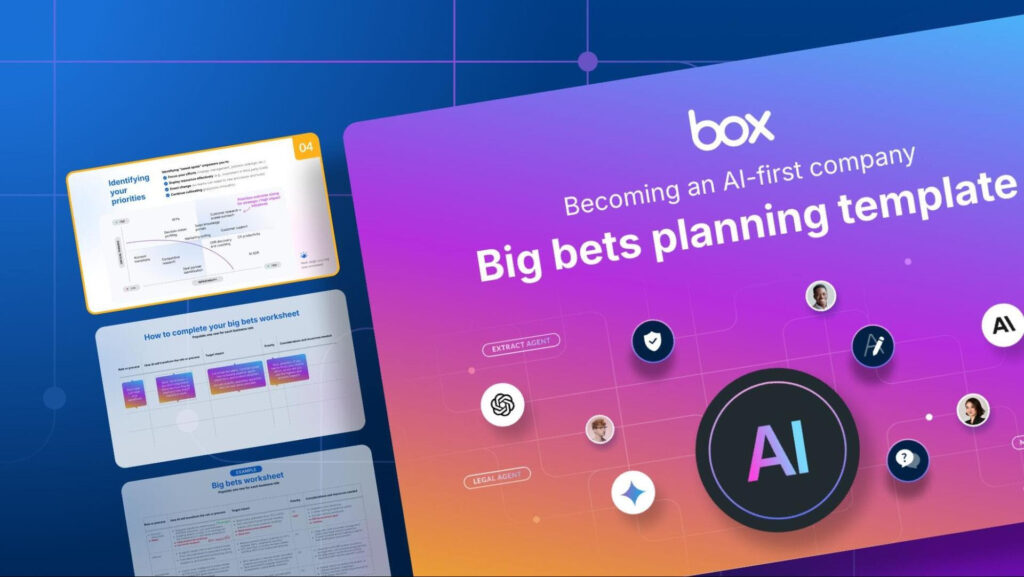According to reports, OpenAI is in talks to financially support Merge Labs, a brain-computer interface (BCI) startup currently raising capital at a valuation of $850 million. The project is led by Alex Blania (known for Altman’s iris-scanning project Worldcoin), while Sam Altman will take the role of co-founder but without direct operational involvement.
This represents the first major step by OpenAI’s venture arm into the field of brain-computer interfaces, positioning the company directly against Elon Musk’s Neuralink, which recently announced ambitions to implant 20,000 devices annually by 2031 and reach $1 billion in revenue.
Altman’s interest in this field is not surprising. Back in 2017, he wrote a blog titled “The Merge”, where he spoke about the inevitable convergence of humans and machines through such technologies. Merge Labs could be the realization of those very ideas.
Beyond its obvious technological and market potential, the news carries extra weight as it fits into the ongoing public rivalry between Musk and Altman. While Musk pushes to make Neuralink the leader in the BCI industry, OpenAI and Altman are now entering the same market — which could shift their rivalry into the realm of neurotechnology. If Merge Labs succeeds, it would mean OpenAI is not only focused on software and AI assistants but is also building a broader tech ecosystem that includes hardware and biotechnology.
In brief: Tech World Highlights
- Microsoft and the National Football League expanded their partnership to integrate AI into sports, covering areas such as refereeing, scouting, operations, and fan experience.
- AnhPhu Nguyen and Caine Ardayfio launched Halo, a new device in the AI smart glasses category, featuring always-on listening.
- Google announced a new Gemini-powered health assistant for Fitbit, offering personalized recommendations on fitness, sleep, and overall health tailored to user data.
- Anthropic expanded access to its coding agent tool, Claude Code, for Enterprise and Team packages, adding new administrative controls for cost management, policy settings, and more.
- MIT’s NANDA initiative revealed that only 5% of enterprise AI implementations generate revenue, with knowledge gaps and poor integration slowing broader adoption.
AI Trending Tools:
- Nemotron Nano 2 – Nvidia’s family of small and efficient reasoning models.
- Qwen-Image-Edit – Qwen’s new model for image editing.
- Eleven Music API – High-quality music integration for products and workflows.









